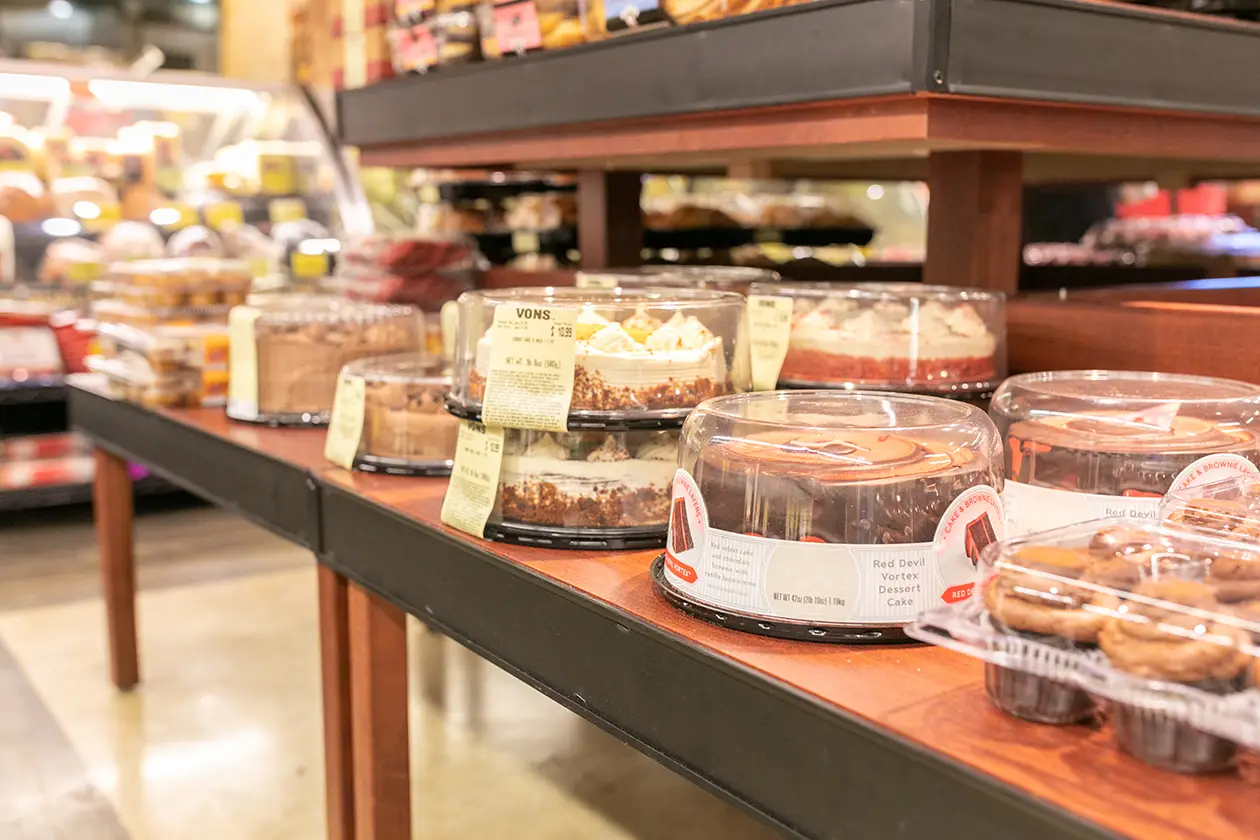Feel Safe Without Feeling Guilty
The world has been in a state of revolution recently, striving for ever more sustainable packaging initiatives such as removal of previously deemed “unnecessary packaging” in addition to the existence of general hostility towards single-use plastics among consumers. This was until the the threat of COVID-19 emerged early this year on our health, wellbeing and daily routines.
In light of this threat, there has been a near-overnight pivot towards individually wrapped products, packaged in the same plastic containers previously criticized and partially outcast from our grocery store’s shelves. It is critical to draw the distinction between “single use” plastics that cannot or are not recycled and plastics that can and are recycled over and over for multiple uses. To best understand this situation in its entirety, the questions are:
· 1. Why such a drastic reversal of opinion?
· 2. What effects will it have on the future of how our food is packaged?
· 3. What will be the effect on our environment?
1. Opinions change, but facts reign true.
The COVID-19 virus transmits and spreads when an infected person coughs or sneezes on, or in the vicinity of, a person/object a non-infected person has contact with. This means anything from a hug to just touching the same elevator button could be all it takes to pass on the virus. So what happens when this principle is applied to food safety? Package, and package everything. Since the outbreak, grocery stores across the world have begun to discontinue open and uncovered products and now offer these previously unpackaged products, such as pastries, as individually or multiple packaged items. It became evident that plastics provide a high degree of food safety and protection – one of the primary reasons plastics have come to dominate the packaging of consumer packaged goods. It is clear that plastic packaging has made a tremendous return in its impact of fighting the spread of the disease.
2. The packaging of the future
PET plastic packaging is among the most apparent in our efforts to maintain food safety, largely due to its fantastic preservation and hygiene properties. The extremely strong, lightweight material of PET plastic is resistant to micro-organisms while not reacting to food products, allowing PET packaging to protect both you and your food and beverages from infection and spoilage. With the Corona virus still looming large, we predict that PET plastic packaging will become a much bigger part of our lives in the time to come, even after the disease is no longer a public health threat, because another pandemic or health safety risk is always a possibility.
3. Our effect on our world
The Corona virus and its resulting shutdown of the global economy have actually brought some positives in terms of the health of our planet. From crystal clear waters in Venice to drastically improved air quality in China, we are being presented with an opportunity not easily seen through the panic and toilet paper hoarding. We have been shown that we truly hold the power to make a difference for a more sustainable tomorrow. With this great power, comes great responsibility.
So how can you as a consumer “feel safe without feeling guilty”? The answer is recycled. If brand owners ensure their packaging is 100% recyclable and the consumer places the packaging in a recycling bin or in the case of beverage containers the consumer redeems the deposit where applicable, then companies such as rPlanet Earth will be able to close the loop and allow plastic packaging to be used over and over again. If brand owners do not use 100% recyclable packaging or consumers do not ensure plastic packaging makes its way back into the recycling stream there may be a worsening of the global plastic pollution issue.
How we close the loop
rPlanet Earth produces sustainable packaging solutions with up to 100% recycled post-consumer content, that are 100% recyclable and due to our completely vertically integrated manufacturing process our packaging products have the lowest carbon footprint, without compromising on quality. This means we have the power to divert all of this extra packaging resulting from the virus away from landfills, greatly reducing plastic pollution and the need for fossil fuels in virgin material production! This means the material for your packaging containers and bottles can be used over and over again without leaking harmful pollution into the environment, now that’s what we call sustainable.
Every crisis presents an opportunity, every choice determines our future. rPlanet has the power to close the loop on plastic packaging to both protect the environment and protect consumers from food contamination and disease spread in an increasingly globalized world.
